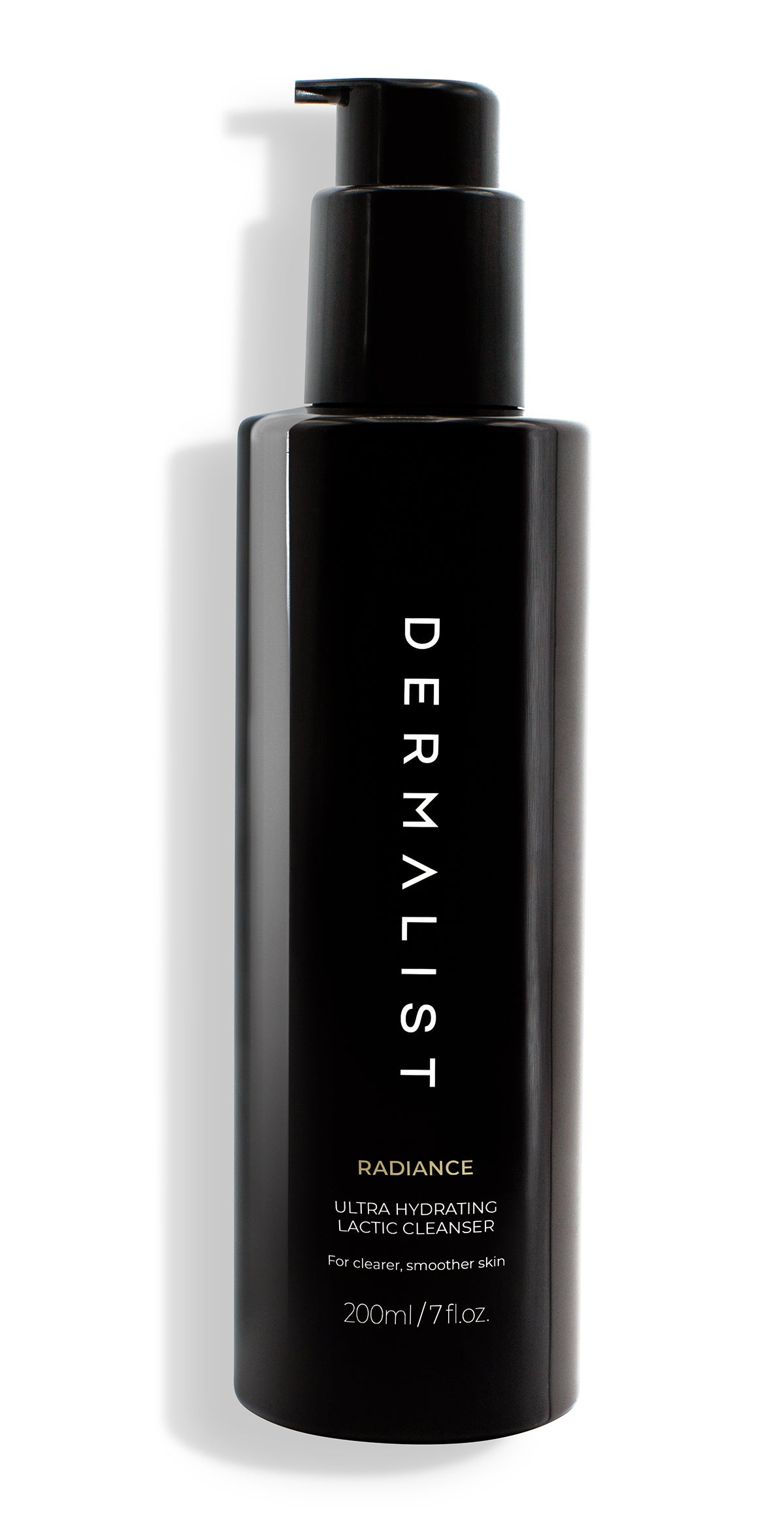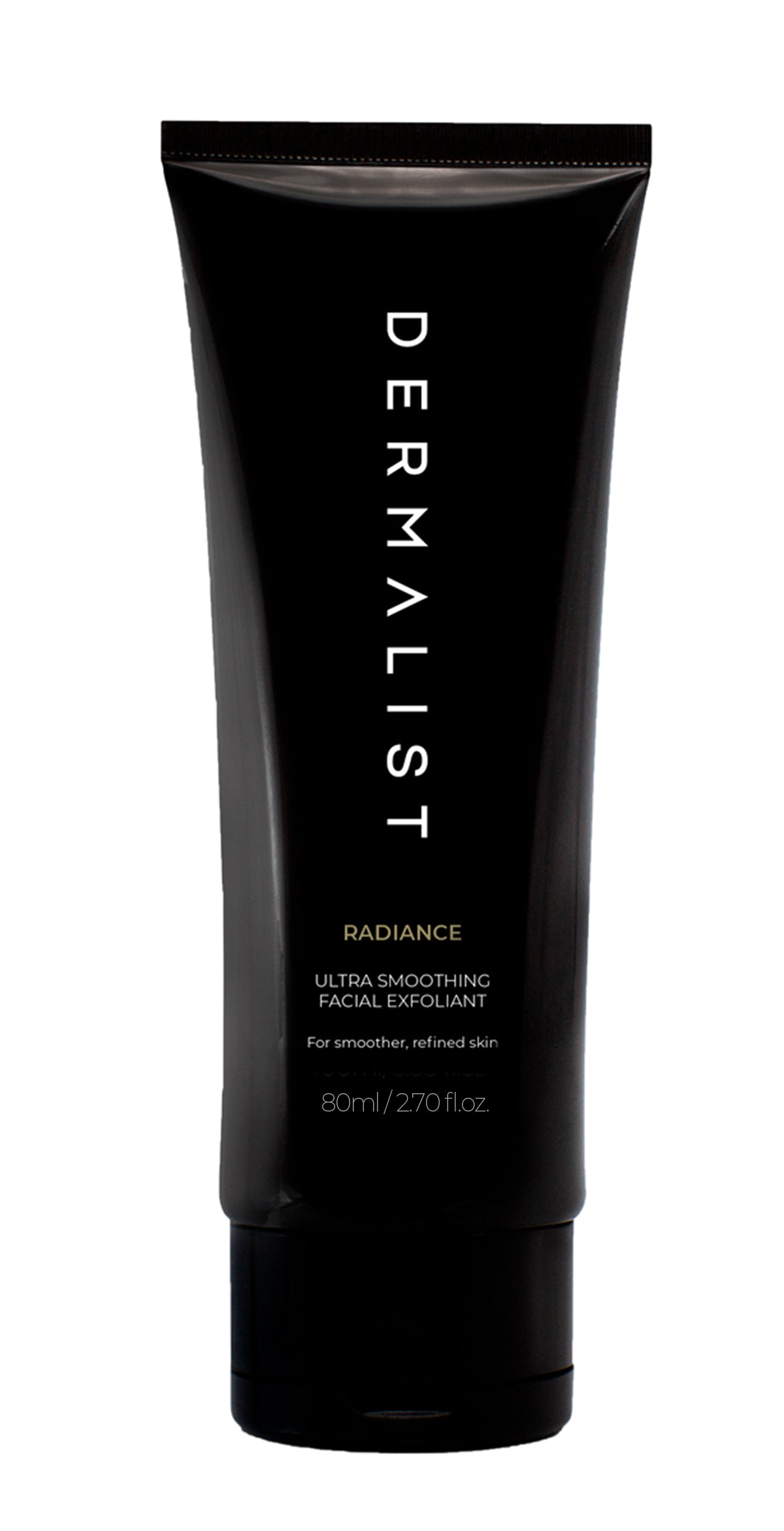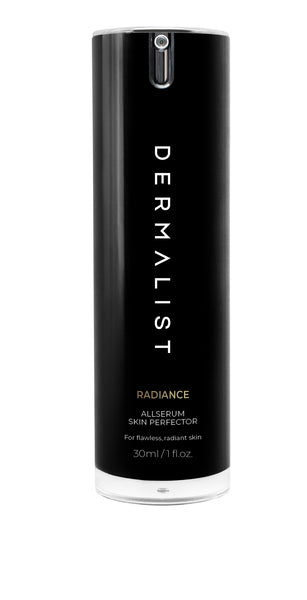Skin Health vs Skin Concerns: What Your Skin Really Needs (and Why Dermalist Does Both)
Skin Health vs Skin Concerns: What Your Skin Really Needs
In the ever-evolving world of skincare, we’re constantly presented with two very different goals: treat a visible skin concern now, or invest in your skin’s long-term health. But what if you didn’t have to choose?
At Dermalist, we believe in intelligent skincare—skincare that understands your skin’s biology, responds to its signals, and works with it, not against it. That’s why our formulas are designed to do both: target visible concerns fast while also building healthier skin for the future.
Short-Term Skin Concerns: Fast Fixes, Visible Results
Skin concerns are what drive many of us to the mirror—and to our skincare shelves. Acne. Pigmentation. Redness. Fine lines. These visible issues often require specific ingredients for immediate relief or correction. For example:
-
Niacinamide reduces redness and pigmentation.
-
Lactic acid smooths texture and unclogs pores.
-
Peptides and antioxidants visibly improve skin tone and glow.
Treating these concerns is valid, and necessary—but focusing on them alone can lead to a cycle of “spot-fixing,” without addressing the root causes.
Long-Term Skin Health: Strength, Resilience, and Prevention
Here’s where things get deeper. Real skin transformation lies in restoring and maintaining barrier health, cellular communication, hydration levels, and the skin’s microbiome.
According to the Journal of Dermatological Science, impaired barrier function is a key contributor to virtually every chronic skin concern—from acne to rosacea to premature ageing. Likewise, research in Experimental Dermatology shows that balanced inflammation control and strong dermal architecture are key to long-term skin resilience and slow biological ageing.
This is where Dermalist shines.
Why You Don’t Have to Choose
Most skincare brands focus on one or the other. Fast results or skin wellness. Not both. But our founder, Stefanie Milla, built Dermalist on a smarter philosophy:
💡 “If a product disrupts the barrier or overworks the skin in pursuit of fast results, it’s doing more harm than good. But if it only nourishes the skin and doesn’t correct concerns, it’s incomplete. We created Dermalist to be the missing link—a hybrid of true clinical actives and barrier-respecting support.”
By using intelligent combinations of potent, scientifically proven ingredients in carefully balanced ratios, Dermalist formulas:
-
Deliver visible results for pigmentation, ageing, acne & redness
-
Support long-term skin health with anti-inflammatory, microbiome-safe, barrier-supportive ingredients
-
Minimise total preservative exposure and formulation burden
-
Replace multiple products with one intelligent formula
This means you don’t have to layer 6 serums. You don’t have to compromise barrier health for fast results. You don’t have to choose.
How to Decide What Your Skin Needs Right Now
Ask yourself:
-
Do I have an immediate concern (acne, redness, pigmentation) that I want to fix quickly?
-
Or do I want to invest in long-term resilience, prevention, and skin longevity?
If it’s either—or both—Dermalist is your answer. Every product is built as a hybrid: fast-acting where needed, and foundationally supportive always.
🧪 Clinical Intelligence in Every Formula
Whether you’re reaching for our AllSerum™ Skin Perfector for multi-targeted correction, or our Ultra Hydrating Lactic Cleanser to balance and strengthen, you’re making a choice for smarter skincare.
Your skin deserves both outcomes: visible results now, and stronger skin for life.
Citations:
1. Skin Barrier and Chronic Skin Conditions
Citation: Elias, P. M. (2005). Stratum corneum defensive functions: an integrated view. Journal of Investigative Dermatology, 125(2), 183–200.
Link: https://doi.org/10.1111/j.0022-202X.2005.23668.x
This study discusses how impaired barrier function is a contributing factor to nearly all chronic skin disorders.
2. Inflammation and Skin Ageing
Citation: Chen, W., & Koo, J. Y. M. (2006). Inflammation and skin aging: friends or foes? Experimental Dermatology, 15(12), 855–863.
Link: https://doi.org/10.1111/j.1600-0625.2006.00500.x
This research explains how chronic inflammation contributes to accelerated skin ageing.
3. Ingredient Synergy and Combination Effects
Citation: Farris, P. K. (2005). Topical vitamin C: a useful agent for treating photoaging and other dermatologic conditions. Dermatologic Surgery, 31(s1), 814–818.
Link: https://doi.org/10.1111/j.1524-4725.2005.31726
Supports the idea that ingredient synergy (e.g., vitamins C + E + antioxidants) is more effective than using actives in isolation.
4. Molecular Size and Skin Penetration
Citation: Bos, J. D., & Meinardi, M. M. H. M. (2000). The 500 Dalton rule for the skin penetration of chemical compounds and drugs. Experimental Dermatology, 9(3), 165–169.
Link: https://doi.org/10.1034/j.1600-0625.2000.009003165.x
This paper explains why molecule size matters in skin penetration and product efficacy.
Ready to take the next step in your skincare?



